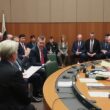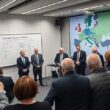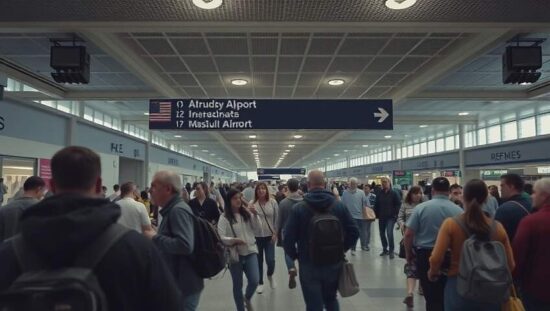Lufthansa Aims for Visa Flexibility Ahead of 2026 World Cup
Lufthansa’s CEO, Jens Ritter, is expressing hope for relaxed entry requirements for international fans traveling to the United States for the 2026 FIFA World Cup, highlighting a potential political challenge intersecting with the airline’s commercial interests.. Ritter, in statements to the Funke-Mediengruppe newspapers, underscored the company’s commitment to “open borders and intercultural understanding” framing eased visa policies as vital to facilitating the expected surge in travel demand.
While the prospect of the World Cup is anticipated to significantly boost air travel, current US immigration policies and processing times remain a point of concern for potential visitors. The expectation is that attracting a global audience will require more than just showcasing American infrastructure; it necessitates demonstrably accessible entry procedures.
Interestingly, Ritter acknowledged heightened demand for travel to the US, particularly in premium travel classes, although he refrained from definitively attributing this specifically to anticipation for the World Cup. This observation comes amidst ongoing scrutiny of the impact of US foreign policy, particularly that of the Trump administration, on international trade and travel.
When pressed on the matter of Trump’s influence on Lufthansa’s operations, Ritter cautiously asserted that transatlantic exchange continues to function. However, his comments belie an underlying tension. Despite ongoing political debates and restrictions, demand for flights across the North Atlantic has, in fact, increased this year. This resilience underscores a core human desire for connection and exploration, even in the face of geopolitical complexities.
The situation presents a delicate balancing act for both Lufthansa and the US government. The airline seeks to capitalize on the World Cup’s potential economic benefits, while the US aims to showcase itself as a welcoming host nation. However, achieving this requires a degree of political cooperation and a pragmatic approach to visa policies that can ease the flow of international fans and avoid damaging the overall perception of accessibility. The upcoming months will be critical in determining whether this objective can be realized.





